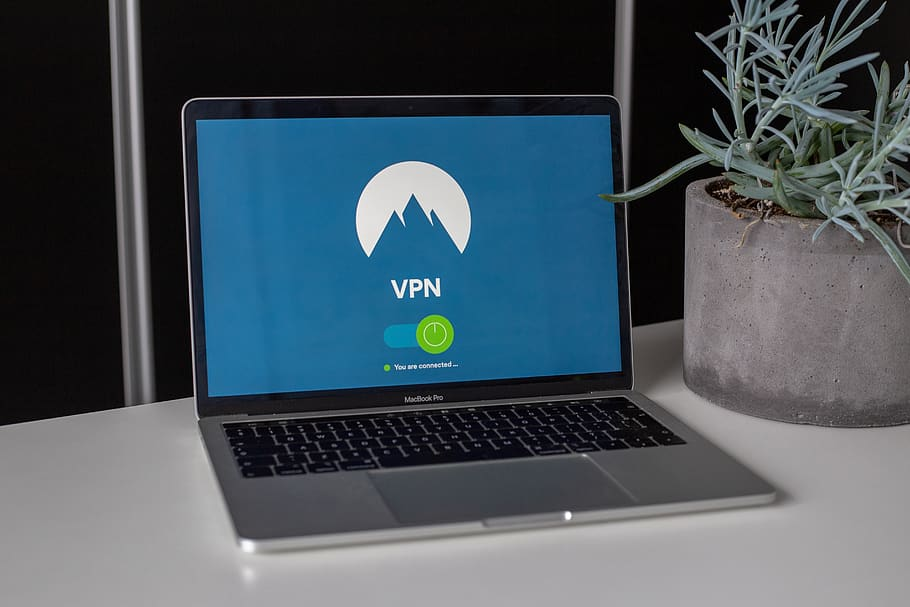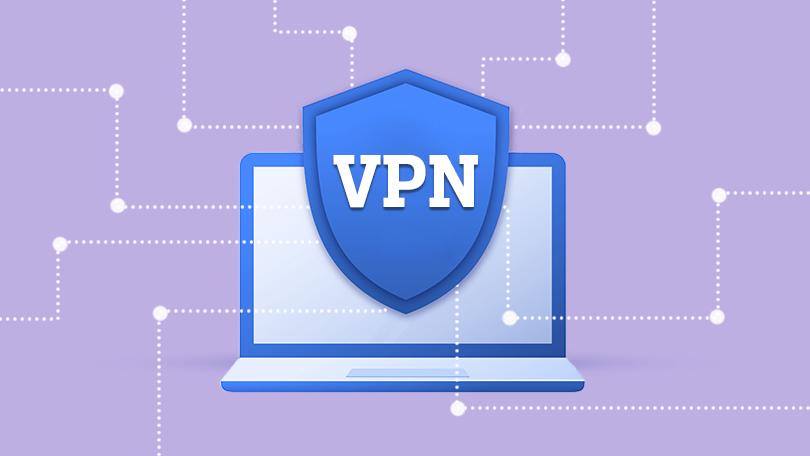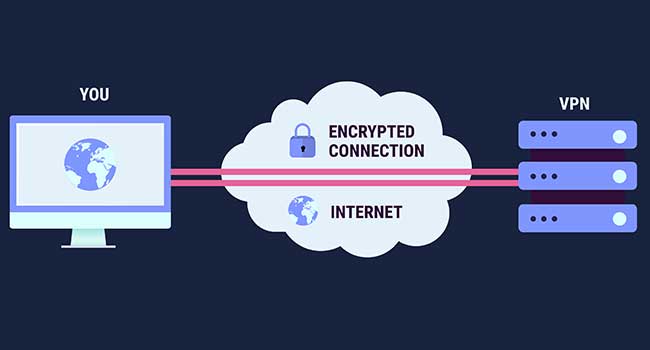Individuals and organizations use VPNs for straightforward reasons. They want to hide their IP address and encrypt the information they send and receive online.
Most consumers are familiar with VPN software. However, many organizations and some individuals use VPN hardware. What is the difference between the two? Who is each type of VPN suited for?
The Characteristics of Hardware VPNs
A hardware VPN is basically a piece of hardware that will give you VPN features, including authentication, encryption, and decryption. However, it also is equipped with a dedicated processor. Most hardware VPNs offer hardware firewall features. Hardware VPNs work on their own, so they can handle VPN functions in a standalone manner.
The Characteristics of Software VPNs
VPN software is an application that gets installed on your phone, laptop, tablet, or other device. Some devices come installed with native clients, but there is a bevy of VPN clients you can download or purchase from VPN providers. This software manages the connections between the VPN server and the client.
Is Using a VPN Really Necessary?
Yes. Absolutely. With cybercrime on the rise, investing in a VPN solution is absolutely necessary, whether you’re an individual just browsing the internet, or a large organization aiming to protect its data the best way possible, especially now during the pandemic when most of the workforce is working remotely.
According to the Cybersecurity Ventures report, cybercrime will cost $6 trillion annually by 2021. That means cybersecurity must be taken very seriously. Securing yourself or your organization with simple cybersecurity practices such as using a secure VPN service could potentially minimize the risk of cyberattacks, sensitive data leaks, identity theft, etc. Being adequately prepared is all it takes to avoid most of the worst-case scenarios.
Determining If VPN Software or Hardware Is Right for You
Hardware VPNs are expensive. They are designed to work with large numbers of people, such as in businesses that have over 100 employees who need VPN connections. Setting up hardware VPNs can be technically challenging. They are only viable if an individual has the technical skills or if an organization has a reliable IT department that can set up the VPN and ensure it uses proper network security.
If you are an individual user and your goal is to encrypt your online traffic or hide your IP address because you want to access Geo restricted content, then it’s probably better for you to purchase software VPN as opposed to hardware. Software VPN is designed to be easy for individuals with little or no tech knowledge to use. It is inexpensive and simple to set up.
This does not mean that businesses cannot use software VPNs. Many small businesses and some large enterprises use software VPNs if these meet their needs and their budget. Software VPNs allow users to get past Geo blocks, have secure VoIP calls, allow remote employees secure access to an organization’s network, and do Geo based search engine optimization.
Are Hardware or Software VPNs the Best Choice?
As we have discussed, software VPNs are usually the best option for individuals. It’s typically businesses that need to decide if they should go the hardware or the software route. There are a lot of complexities that differentiate software and hardware VPNs that we won’t get into, but we can still give an excellent overview of what separates the two.
Software VPNs Are Less Expensive
If you are purchasing hardware VPNs, expect to spend between a few hundred dollars up to over $1,000. If you are purchasing them for business, you realize as your business expands and you take on more employees, you must purchase more hardware VPNs.
Some individuals opt to purchase cheap hardware VPNs for their home. You get what you pay for. While a $100 VPN is better than no VPN, you will not get the same features you would if you paid $1,000 for the hardware VPN. Many choose to get a software VPN and then install that on their home router. Software VPNs offered by reputable companies can cost as little as eight dollars a month.
It’s true that software VPNs put a limit on the number of individuals connected to each account, so small businesses may need to purchase several accounts. However, most software VPNs will allow between three and five connections per account.
What Option Is Best for Granting Remote Access?
When businesses are thinking about purchasing hardware VPNs, one of their considerations is giving employees remote access to the organization’s network. This has become more important in recent months as organizations are sending their employees to work from home. After the technical work of installing the VPN is done, employees can use hardware VPNs to get rapid remote access.
The trick is installing or setting up a hardware VPN. This can be a challenge for an IT staff with experience. Having inexperienced people do it will not only lead to errors but could lead to creating an insecure connection.
Software VPNs make it easier to set up remote access. Unfortunately, not all software VPN providers offer dedicated IP addresses. If you find one that does, you can white list the IP addresses of your employees on your network, giving them access. That way, the only option for accessing work files on your organization’s network would be to use the software VPN’s encrypted connection.
What Creates the Fastest Connection?
The reason many organizations and some individuals want hardware VPNs is because they offer VPN connections at higher speeds. This is because the encryption and tunneling process is not done in software, which would put a strain on a computer’s resources. Hardware VPNs are equipped with a dedicated CPU, so there’s nothing to slow down your network or your devices.
However, technology and computing power have advanced to where even many mobile devices are powerful enough to handle a VPN connection and the other processes they are running without slowing down. Another factor is that bandwidth speeds are higher now than ever before. Even with a minimal reduction in speed caused by using a software VPN, you will still be able to do all the activities you want to online smoothly.
A lot of it is what a person or an organization wants to use their VPN for. If speed is of paramount importance, hardware VPN could be the better option. However, it might be a good idea to test software VPNs temporarily. If it does not produce the desired results, then spend the money on a quality hardware VPN.
After discussing the features of hardware VPNs and software VPNs, it’s clear to see that it’s not a matter of which option is better but which option is better for your needs. If you are at the head of a large organization equipped with an experienced IT team, then a hardware VPN may be the right option for you. However, if you are an individual looking to get around Netflix Geo restrictions, a software option might be your best choice.




